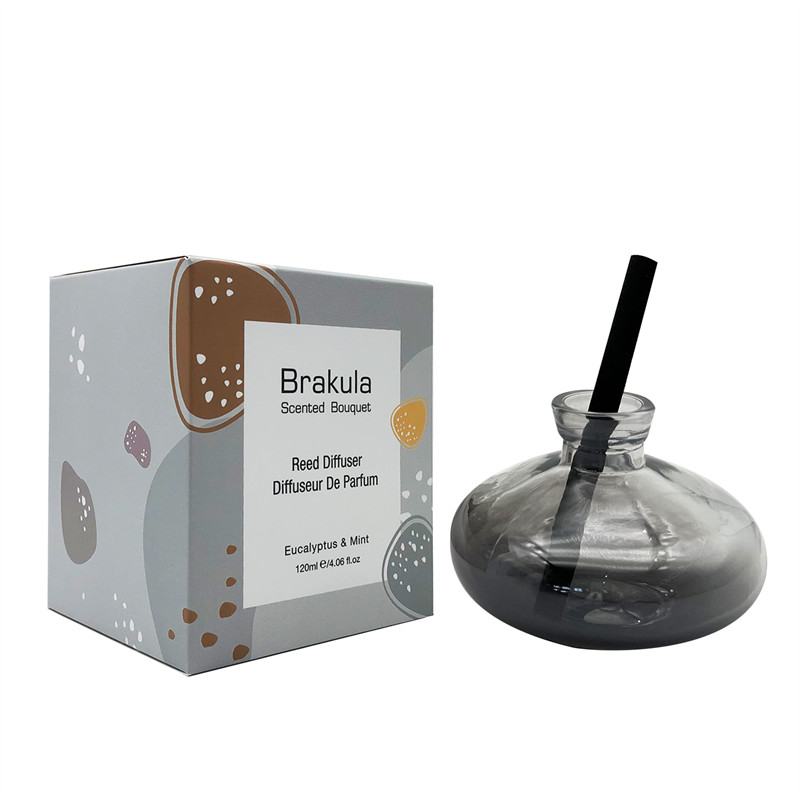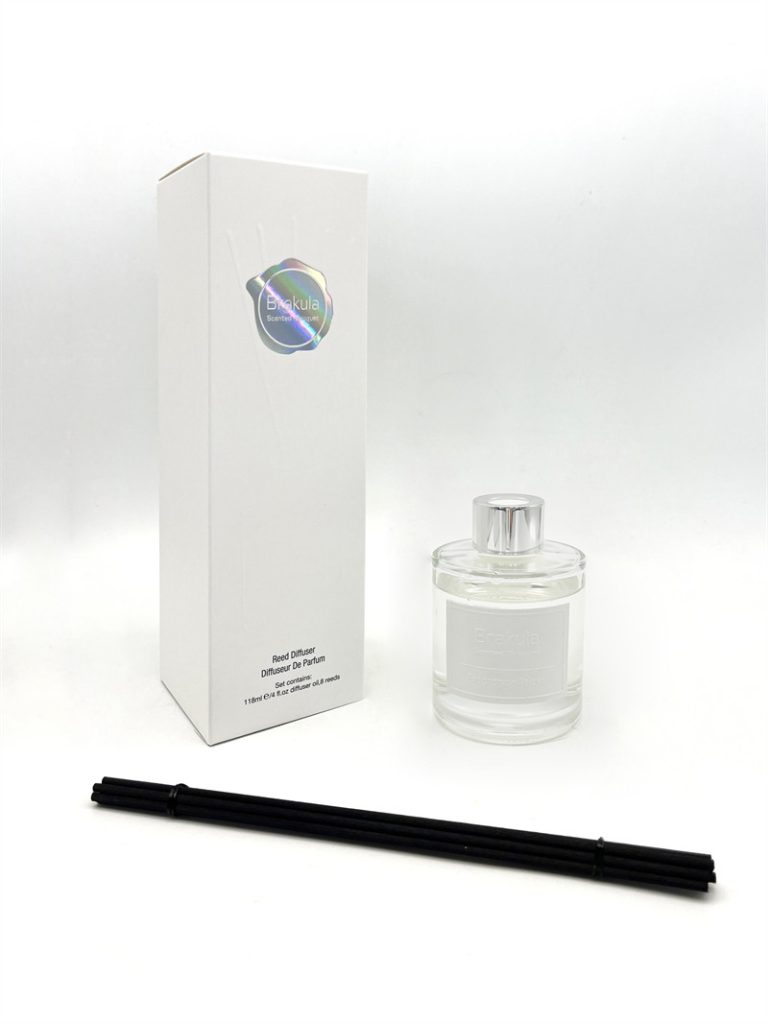Table of Contents
Potential Risks of Using Essential Oil Diffusers for Respiratory Health
Essential oil diffusers have become increasingly popular in recent years as a way to create a pleasant and relaxing atmosphere in homes and workplaces. These devices work by dispersing essential oils into the air, which can have a variety of benefits, including reducing stress, improving sleep, and boosting mood. However, there is some concern among health experts about the potential risks of using essential oil diffusers, particularly when it comes to respiratory health.
One of the main concerns about essential oil diffusers is the possibility of respiratory irritation. Some essential oils, especially when used in high concentrations or for extended periods of time, can irritate the respiratory system and cause symptoms such as coughing, wheezing, and shortness of breath. This is particularly true for individuals with pre-existing respiratory conditions, such as asthma or chronic obstructive pulmonary disease (COPD). Inhaling certain essential oils can trigger an allergic reaction or exacerbate existing respiratory symptoms, making it important to use caution when using a diffuser.
https://reedaromalab.com/tag/fragrance-diffuser-wholesaler
Another potential risk of using essential oil diffusers is the risk of exposure to volatile organic compounds (VOCs). VOCs are chemicals that can be released into the air from certain essential oils, particularly those that contain high levels of terpenes. Prolonged exposure to VOCs can have negative effects on respiratory health, including irritation of the eyes, nose, and throat, as well as headaches and dizziness. Some VOCs have even been linked to more serious health problems, such as damage to the liver, kidneys, and central nervous system. It is important to be aware of the types of essential oils you are using in your diffuser and to ensure that they are safe for inhalation.
Aroma Diffuser
In addition to respiratory irritation and exposure to VOCs, there is also some concern about the potential for essential oils to interact with medications. Some essential oils can interfere with the absorption or metabolism of certain medications, which can have serious consequences for individuals with chronic health conditions. For example, some essential oils can interact with blood thinners, antidepressants, or anticonvulsants, leading to potentially dangerous side effects. If you are taking medication, it is important to consult with your healthcare provider before using essential oil diffusers to ensure that there are no potential interactions.
Despite these potential risks, there are steps that can be taken to minimize the impact of essential oil diffusers on respiratory health. One important precaution is to use essential oils in moderation and to dilute them with a carrier oil before using them in a diffuser. This can help to reduce the concentration of volatile compounds in the air and lessen the risk of respiratory irritation. It is also important to choose high-quality essential oils from reputable sources, as some cheaper oils may contain impurities or synthetic additives that can be harmful when inhaled.

In conclusion, while essential oil diffusers can offer a range of benefits for overall well-being, it is important to be aware of the potential risks to respiratory health. By using caution, choosing high-quality oils, and consulting with a healthcare provider if necessary, it is possible to enjoy the benefits of essential oils without putting your respiratory system at risk. As with any health-related decision, it is important to weigh the potential benefits against the potential risks and make an informed choice that is best for your individual health needs.
How to Safely Use Essential Oil Diffusers to Prevent Respiratory Issues
Essential oil diffusers have become increasingly popular in recent years as people seek natural ways to improve their health and well-being. These devices work by dispersing essential oils into the air, allowing users to enjoy the therapeutic benefits of the oils through inhalation. While essential oils are generally considered safe when used properly, there is some concern that diffusing them may harm the respiratory system.
One of the main concerns with essential oil diffusers is the potential for respiratory irritation. Some essential oils, particularly those with strong scents or high levels of certain compounds, can irritate the respiratory tract when inhaled in high concentrations. This can lead to symptoms such as coughing, wheezing, shortness of breath, and throat irritation. In some cases, prolonged exposure to these oils may even cause more serious respiratory issues.
To prevent respiratory irritation when using essential oil diffusers, it is important to choose oils that are safe for inhalation and to use them in moderation. Some oils, such as eucalyptus and peppermint, are known for their respiratory benefits and can actually help improve breathing when diffused properly. However, it is important to dilute these oils with water or a carrier oil before diffusing them to reduce the risk of irritation.
In addition to choosing the right oils, it is also important to use essential oil diffusers in a well-ventilated area. This will help prevent the oils from building up in the air and becoming too concentrated, which can increase the risk of respiratory irritation. Opening windows or using a fan can help disperse the oils more evenly throughout the room and reduce the likelihood of breathing in too much of the oil at once.
Another important factor to consider when using essential oil diffusers is the duration of use. While it may be tempting to leave the diffuser running all day to enjoy the benefits of the oils continuously, this can actually increase the risk of respiratory issues. It is recommended to use the diffuser for no more than 30-60 minutes at a time, and to take breaks between uses to allow the air to clear.
| Products | Air Freshener |
| Material | Wood |
| Suitable for | Gymnasium |
| Scents | French Pear, Hug |
| Capacity | 400ml |
| Color | Pink |
| Origin | China Manufacturer |
| Duration | 1 year |
It is also important to clean your essential oil diffuser regularly to prevent the buildup of mold, bacteria, and other harmful substances that can be released into the air when the diffuser is in use. Follow the manufacturer’s instructions for cleaning and maintenance, and be sure to use only distilled water in your diffuser to prevent mineral buildup.
In conclusion, while essential oil diffusers can offer many benefits for respiratory health, it is important to use them safely to prevent respiratory issues. Choose oils that are safe for inhalation, use the diffuser in a well-ventilated area, limit the duration of use, and clean the diffuser regularly to ensure that you can enjoy the therapeutic benefits of essential oils without putting your respiratory system at risk. By following these guidelines, you can safely use essential oil diffusers to improve your health and well-being.





